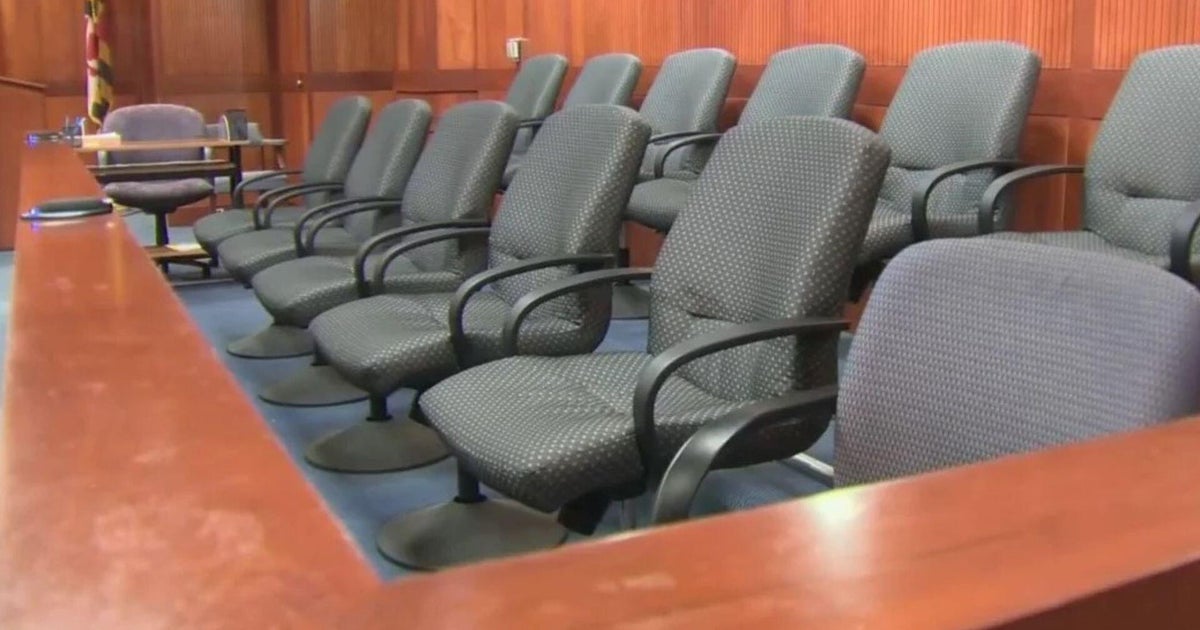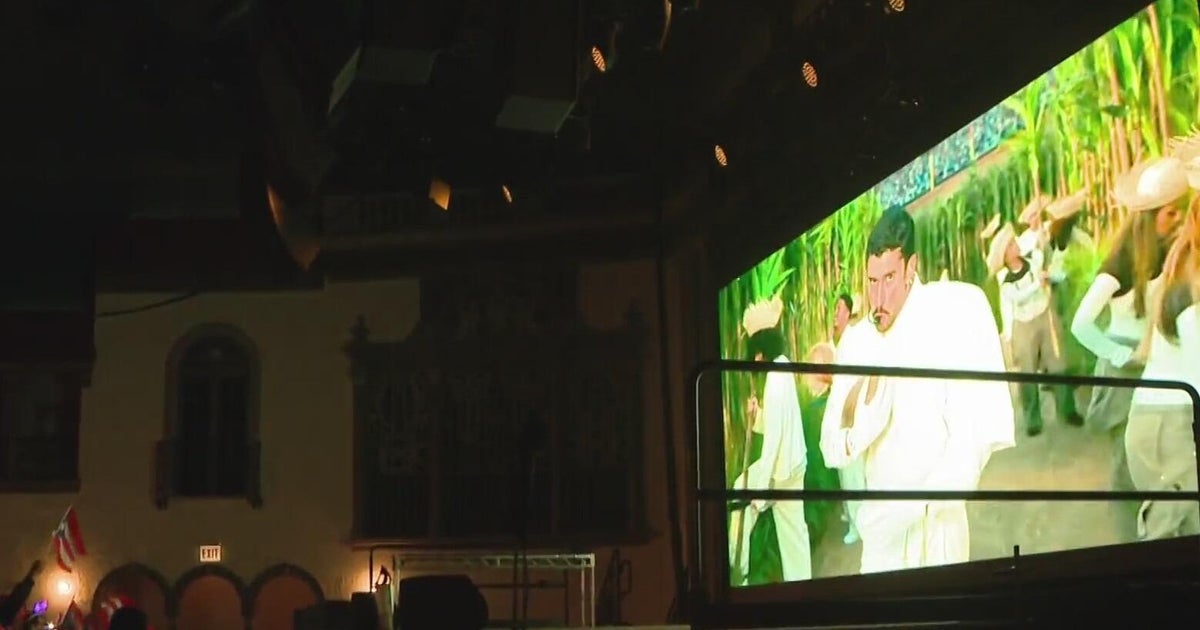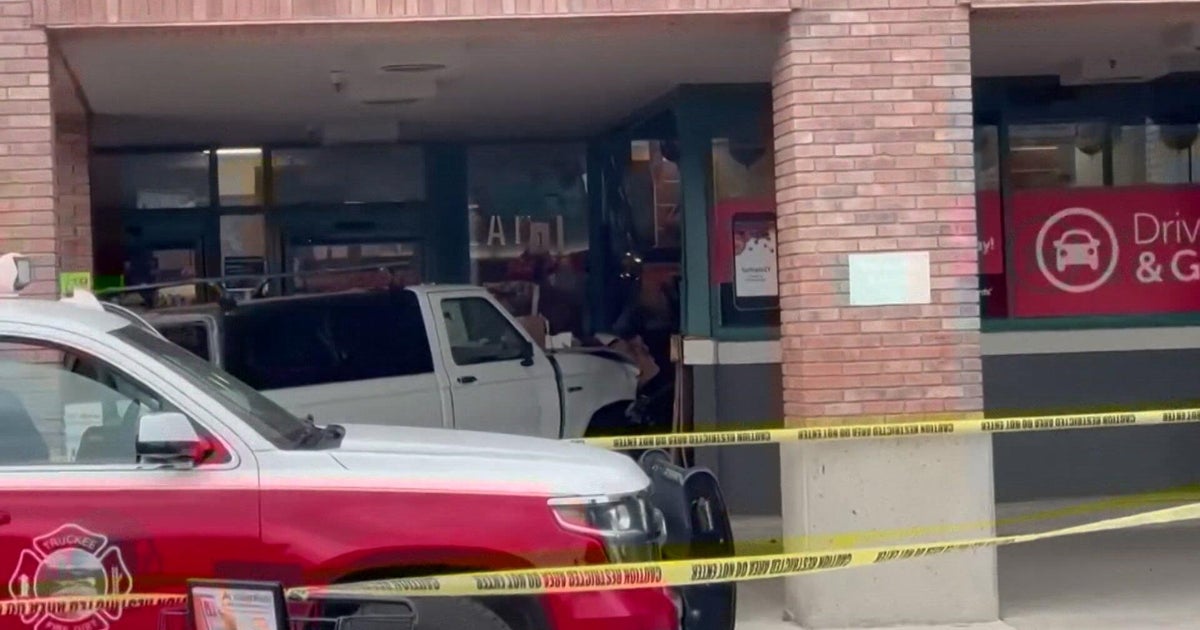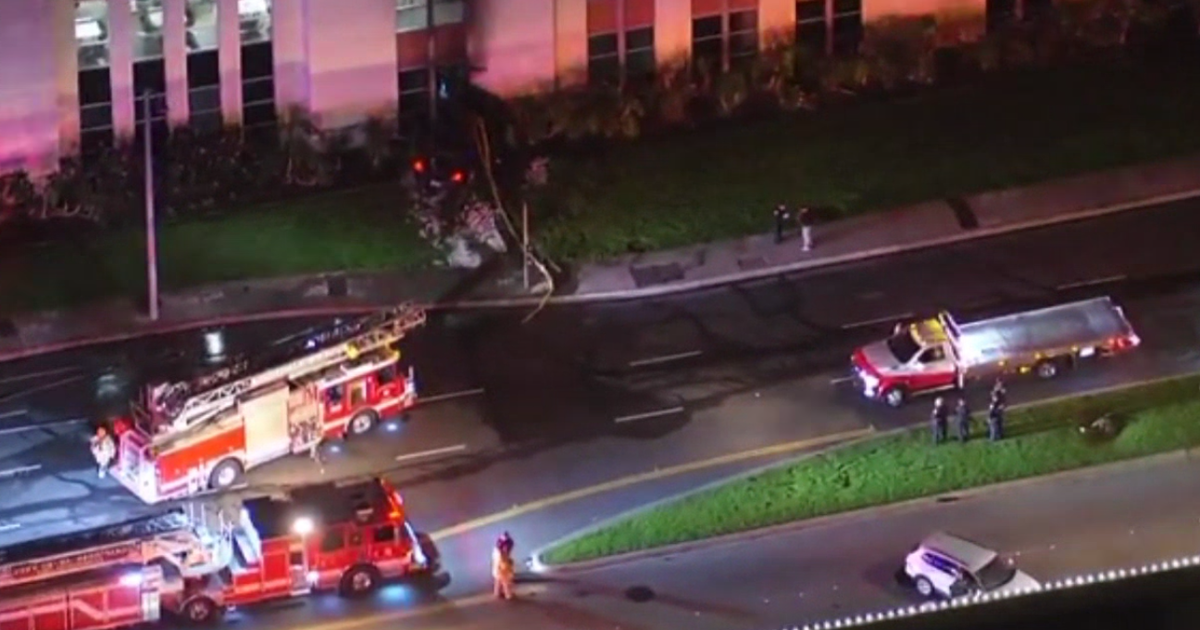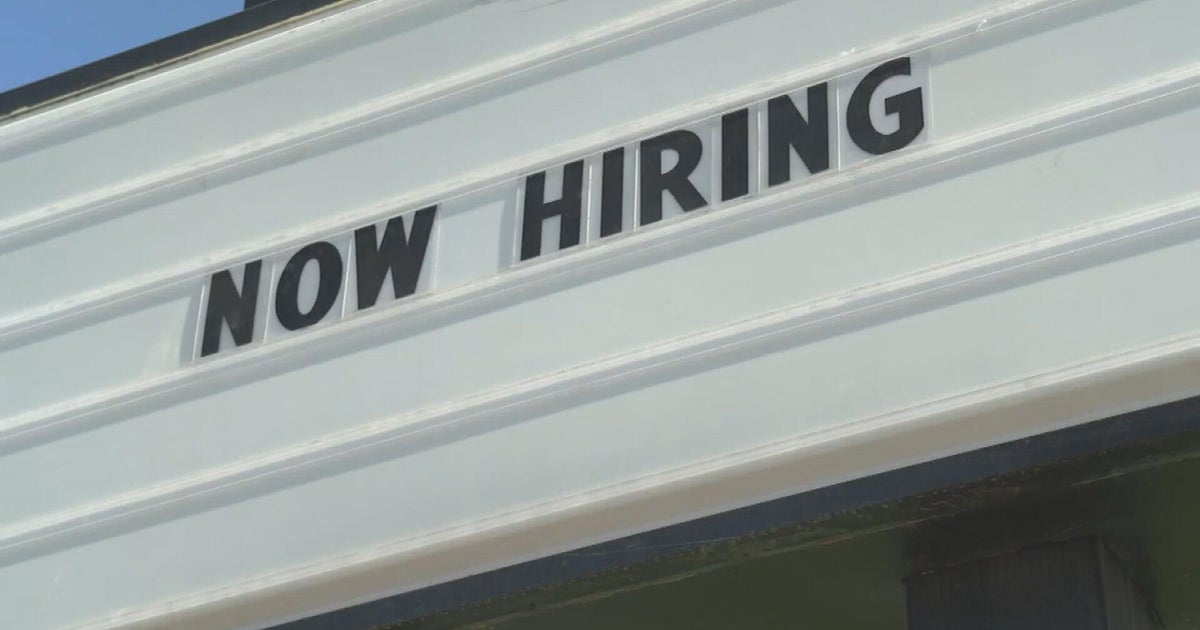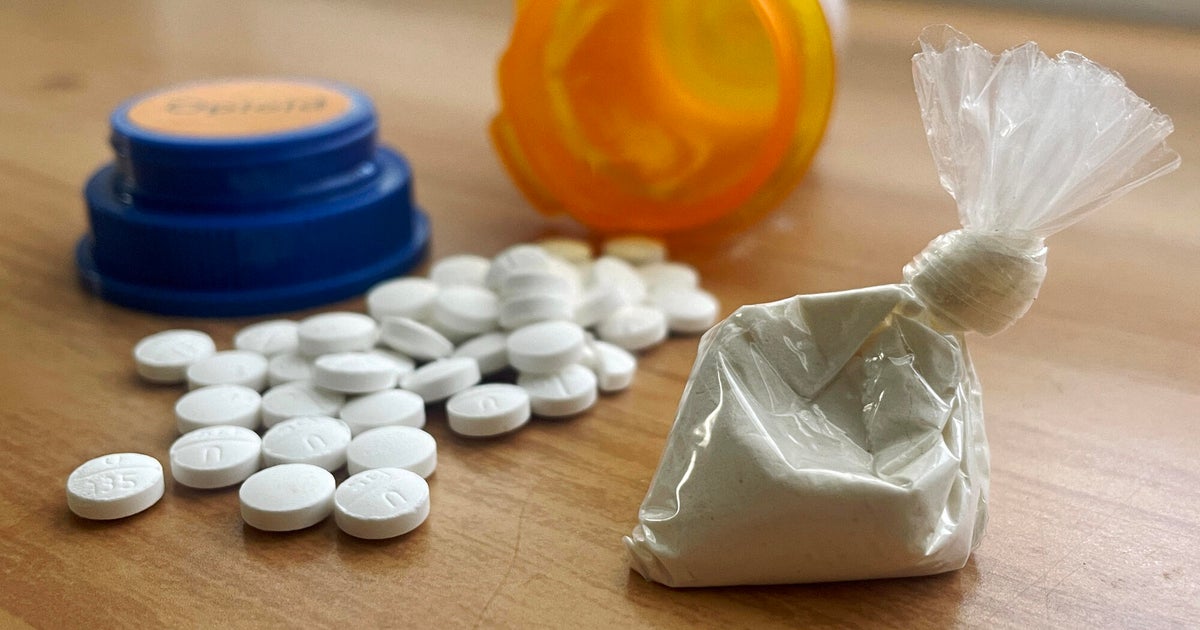Maryland Addressing Heroin OD Problem On Multiple Fronts
ANNAPOLIS, Md. (AP) -- Maryland's rising rate of fatal heroin overdoses might not have one cure, but lawmakers and activists are hoping a combination of actions will be a step in the right direction.
Lt. Gov. Boyd Rutherford's office on Thursday announced the third of six scheduled summits for the Maryland Heroin and Opioid Emergency Task Force that he heads. The task force is one prong of an initiative set forth by Gov. Larry Hogan -- who lost a cousin to an overdose several years ago -- to address the increasing number of overdoses.
"While we can look at statistics all we want, what we really need to do is get into our communities and find out what is and isn't working as we fight this statewide epidemic," Hogan spokeswoman Erin Montgomery said.
Hogan announced his plan to address heroin overdoses in February, declaring the drug's growing use an emergency. Between 2010 and 2013, Maryland had a 95 percent increase in heroin-related overdose deaths, according to information provided by the administration. In 2013, there were 464 heroin-related overdose deaths. Preliminary data for heroin-related deaths in 2014 are on pace to surpass 2013 deaths by 20 percent.
Rutherford's task force has 10 members, including legislators, health officials and criminal justice representatives.
Sen. Katherine Klausmeier, D-Baltimore County, is a member of the task force and sponsored several bills addressing drug use and prevention that passed the General Assembly.
Among the legislation that made it through was a bill to protect medical professionals from certain liabilities involving overdose-prevention programs and prescriptions, and a Good Samaritan measure for a person trying to get medical attention for someone suffering a drug overdose.
A joint committee composed of senators and delegates was also given the go-ahead.
"It's going to take a number of different things working together and keeping the lines of communications open as far as I'm concerned," Klausmeier said. "We need to get as much as we can from experts and people who've been through this."
Among those people is Mary "Toni" Torsch, president of the Daniel Carl Torsch Foundation, named after the son she lost to an overdose.
Torsch attended the task force's second summit Wednesday in Baltimore, where members listened to testimony from health experts and people who'd been directly affected by drugs and overdoses.
"There were some great ideas of what's working, what could work," Torsch said. "You know, their assignment is going to be tough. That task force has its work cut out for them. I hope it doesn't disappoint us. We're in a crisis and counting on them to save our communities."
(Copyright 2015 by The Associated Press. All Rights Reserved.)

